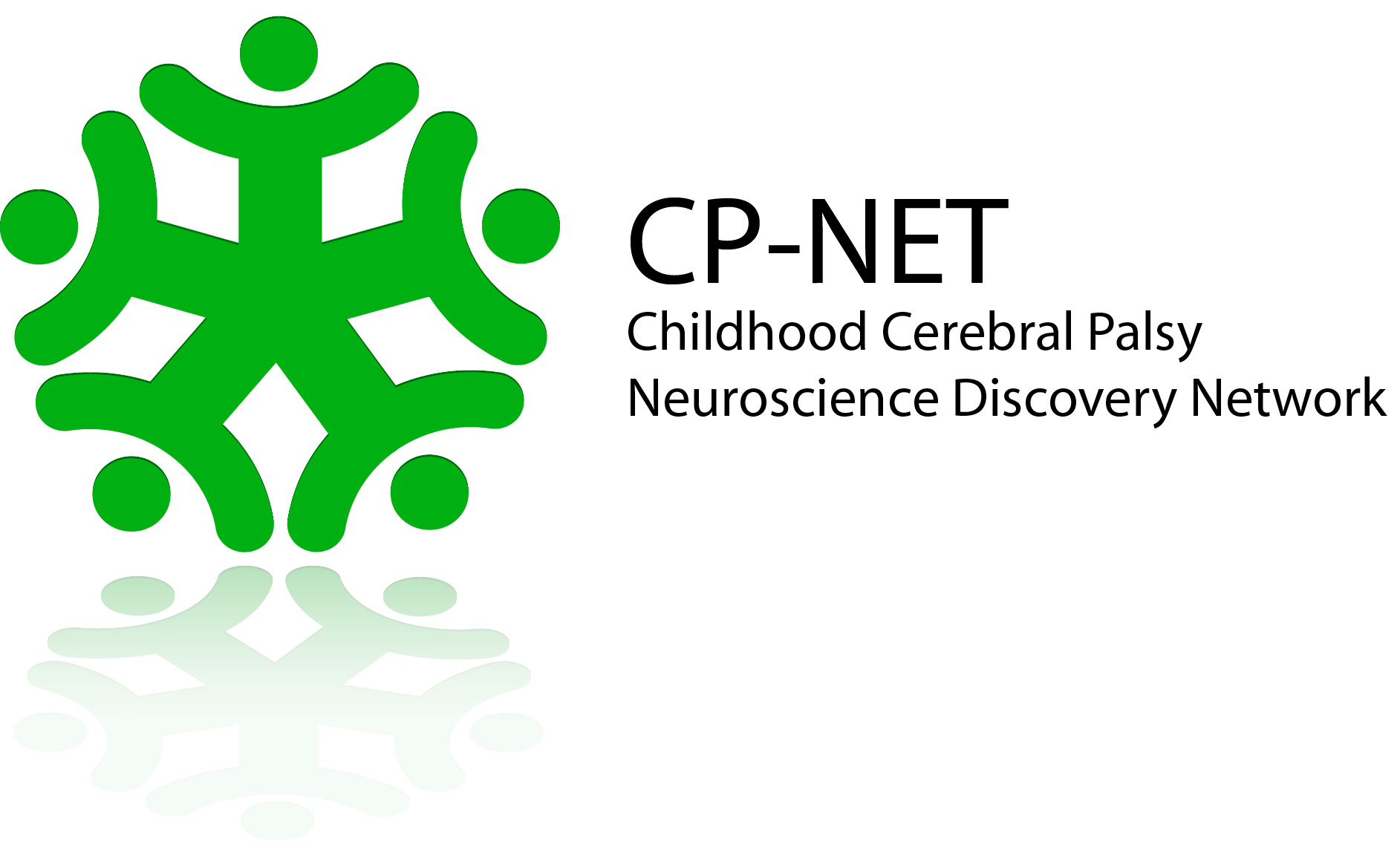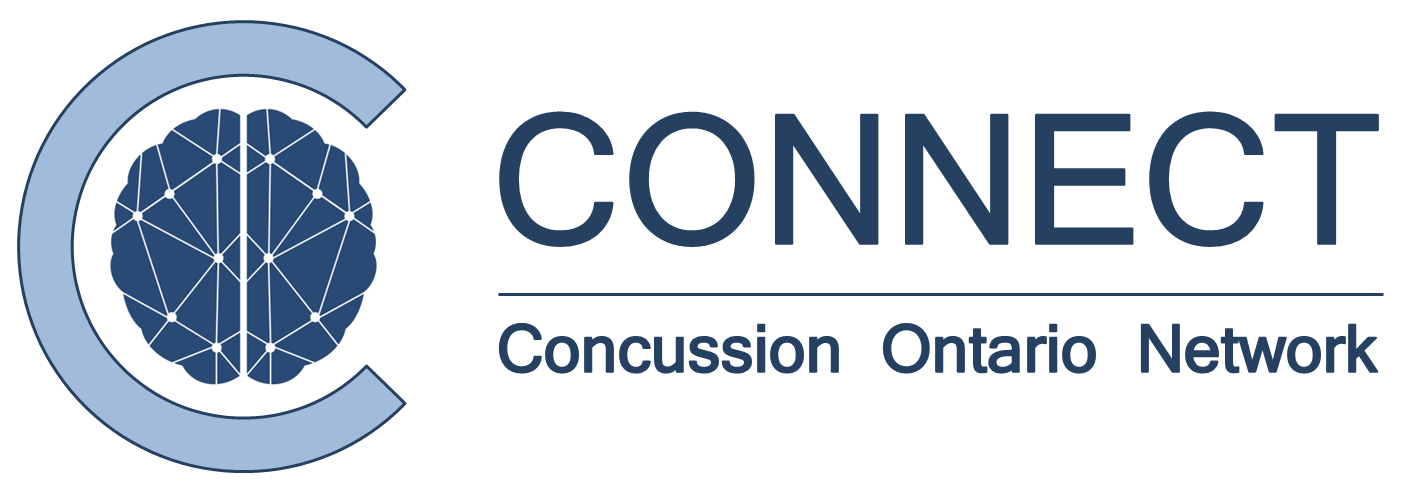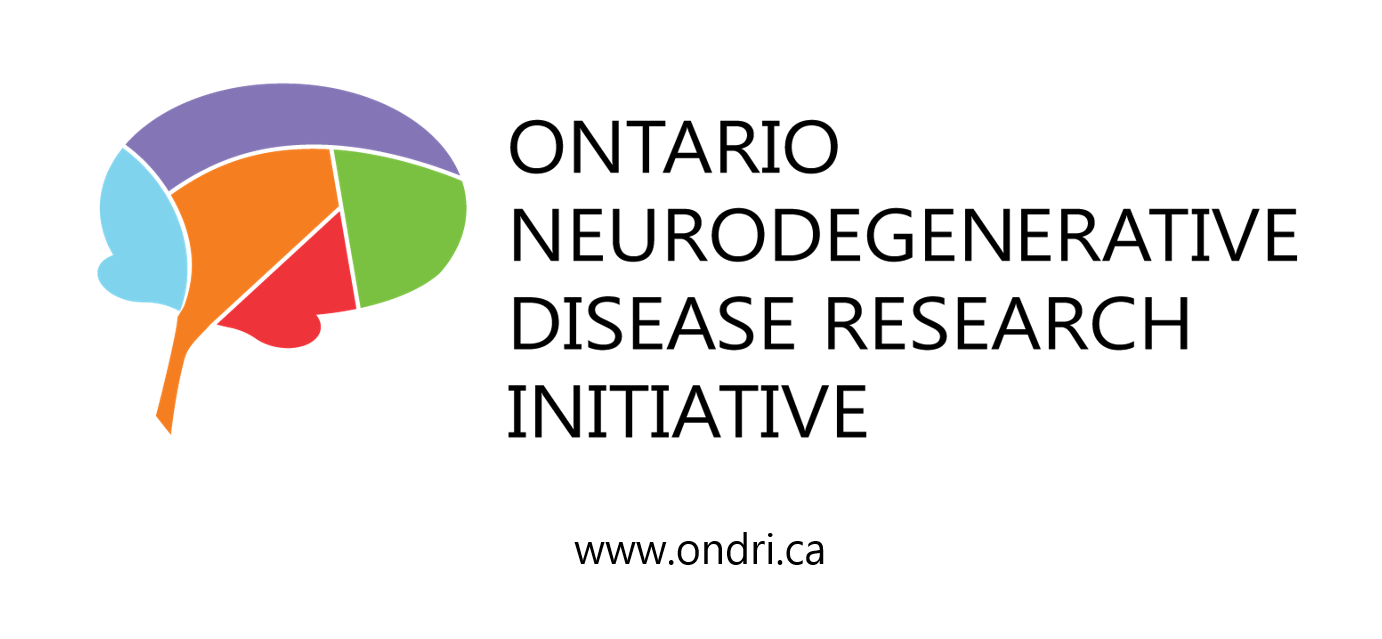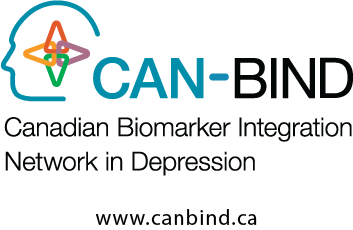
This visualization is a summary of the data in Brain-CODE. Research data is collected by researchers across Canada and uploaded to Brain-CODE. Although the data sets are not available yet, OBI aims to make all research data open and accessible in the future.
Click on any part of the visualization to explore the data.
To access current open data sets and to be kept up to date with future data releases on Brain-CODE, sign-up by clicking “Register”.

This controlled data release focuses on the Genomic Architecture of CP utilizing Whole Genome Sequencing on children and youth recruited into the CP-NET Clinical Database. The CP-NET Clinical Database recruits children born in 2009 or later with a confirmed diagnosis of cerebral palsy (CP) and contains data on clinically relevant risk factors, neuroimaging information, and neurodevelopmental functioning including psychosocial and participation outcomes.
This released dataset has whole genome sequencing data (WGS) on 221 children and youth with CP and their biological parents (656 samples). WGS was performed on DNA extracted from saliva on the Illumina HiSeq X platform, and the resulting CRAM files are provided.

The Concussion Ontario Network: Neuroinformatics to Enhance Clinical care and Translation (CONNECT) is a collaborative network of 10 clinical sites across Ontario that aim to ensure new knowledge of concussion is translated into better diagnosis and care for the benefit of all Ontarians. Given that the pathophysiology of concussion is largely unknown, a systems approach could provide a holistic framework for the study of concussion. Therefore, the overall purpose of the RECOVER pilot study is to demonstrate the ability to characterize ultra-early acute concussion in adults using a harmonized multi-scale system approach by collecting data that are potential predictors of persistent post-concussion symptoms (PPCS) over a 12- week period.

ONDRI’s Foundational Study includes data from 520 people living with Alzheimer’s disease, mild cognitive impairment, Parkinson’s disease, amyotrophic lateral sclerosis, frontotemporal dementia, or cerebrovascular disease, along with their care partners. Detailed clinical, cognitive, genetic, gait, balance, eye tracking, retinal imaging, and neuroimaging assessments were performed that enable multi-modality within- and cross-disease analyses. Data were collected from 2014-18; then standardized, cleaned, and curated to facilitate open access and sharing.

The Canadian Biomarker Integration Network in Depression (CAN-BIND) is a national program of research and learning. From 2013 to 2017, data were collected from 211 participants with major depressive disorder and 112 healthy individuals. The objective of this data-set is to integrate detailed clinical, imaging, and molecular data to predict outcome for patients experiencing a Major Depressive Episode (MDE) and receiving pharmacotherapy reflective of standard practice. The clinical characterization consists of symptom assessment, behavioural dimensions, and environmental factors. The neuroimaging data consist of structural, resting and task-based functional, and diffusion-weighted MRI images, as well as scalp-recorded EEG data. The molecular data consist of DNA methylation, inflammatory markers and urine metabolites.
Baseline and Phase 1 (Weeks 2-8) data is now available for request. Phase 2 (Weeks 10-16) clinical data yet to be released.